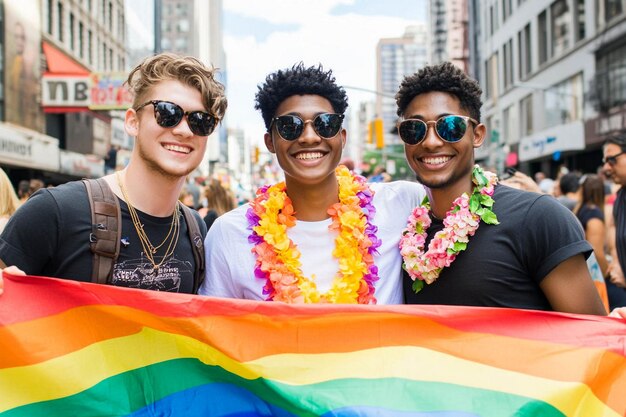Festivals Celebrating National Identity in Somalia
Somalia, located in the Horn of Africa, is a country with a vibrant cultural tapestry and a rich history. It is a land where traditions and modernity coexist, each adding depth to the Somali identity. Among the various ways this national identity is expressed, festivals hold a vital place, offering glimpses into the heart of Somali culture. Whether you're a visitor or a local, participating in these celebrations can be an enriching experience, filled with music, dance, food, and much more.
A Warm Welcome from Somali Festivals
Somalia is known for its festive spirit and the hospitality of its people. Celebrations here mirror the nation's rich cultural heritage and diverse communities, and they provide a unique opportunity to witness Somali unity and pride. Visitors attending these festivals can expect a warm welcome, along with the chance to immerse themselves in the deep-rooted traditions that define the Somali way of life.
Major Festivals in Somalia
Independence Day
One of the most significant national festivals held in Somalia is Independence Day, celebrated on July 1st. This day commemorates the unification of the Trust Territory of Somalia (formerly Italian Somaliland) and the State of Somaliland (formerly British Somaliland) into the Somali Republic. Independence Day is marked by patriotic displays, parades, and performances that highlight the country's path to self-governance. Expect to experience local cultural dances, songs, and even poetry that narrates the history of Somalia.
Eid al-Fitr and Eid al-Adha
Though religious, the celebrations of Eid al-Fitr and Eid al-Adha are also a part of the broader national identity, reflecting the integral role of Islam in the lives of Somalis. During these times, communities come alive with vibrant festivities, and the emphasis is on family gatherings, feasting, and charity. These festivals bring together people from all walks of life, showcasing unity in diversity.
Attractions and Services
During these national festivals, visitors will find a range of attractions and services tailored to enhance their experience. Traditional markets, or "souks," are commonly bustling with activity, offering everything from handmade crafts to traditional attire and local delicacies. Street vendors and food stalls serve up an array of Somali favorites, like sambusas and Somali chai, providing a culinary journey that's as much a part of the celebration as any stage performance.
In urban centers such as Mogadishu and Hargeisa, visitors can explore a mix of modern and traditional art scenes, including galleries featuring Somali artists and performances of traditional music and dance. Local businesses often exhibit their crafts, providing a window into Somali artistry and creativity.
Exploring Related Experiences
For those eager to delve deeper, there's an array of related subcategories of festive experiences. Consider exploring local historical sites that resonate with the narratives shared during these festivals or embarking on cultural tours that offer insight into traditional Somali life. Delve into music festivals celebrating Somali artists or attend workshops that provide hands-on experiences with Somali crafts or culinary delights.
Understanding the importance of these festivals in the context of Somali national identity paints a vivid picture of a nation united by its history, proud of its heritage, and hopeful for its future. Join in the celebrations, and you'll walk away with stories, sights, and sounds that will stay with you long after the festival ends.
